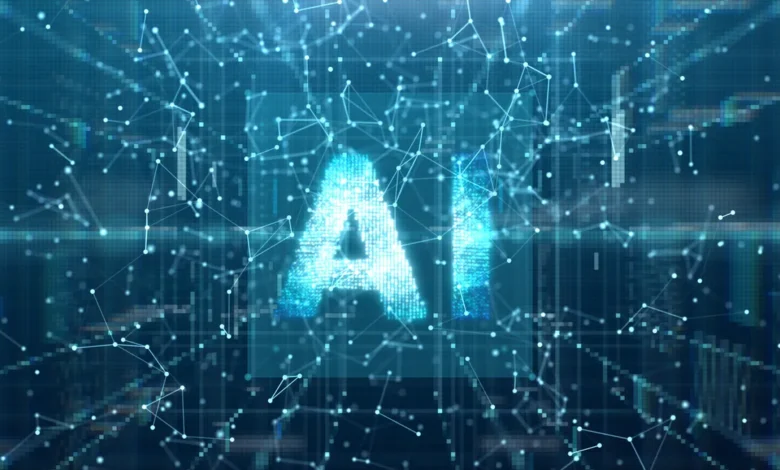IMF: AI to impact 40% of Global Workforce

The International Monetary Fund (IMF) says 40 percent of all workers around the world will be influenced by Artificial Intelligence(AI).
IMF states that while AI has made work easier, it might also cause job loss in the future.
Kristalina Georgieva, the head of the IMF, mentioned during a talk at the 2024 IMF-World Bank Spring meeting in Washington DC that AI is here to stay.
In January of this year, the IMF also forecasted that Artificial Intelligence might impact income and wealth inequality within nations. We might witness a division within income groups, where workers skilled in AI experience higher productivity and wages, while those without such skills fall behind. Studies indicate that it can help less experienced workers improve their productivity rapidly. Younger workers may find it simpler to take advantage of opportunities, whereas older workers might face challenges in adapting.
The statement reads:
“A recent IMF study shows that artificial intelligence could affect up to 40 percent of jobs across the world and 60 percent in advanced economies.
“The effect on labour income will largely depend on the extent to which AI will complement high-income workers. If Artificial Intelligence significantly complements higher-income workers, it may lead to a disproportionate increase in their labour income. Moreover, gains in productivity from firms that adopt AI will likely boost capital returns, which may also favour high earners. Both of these phenomena could exacerbate inequality.
“In most scenarios, AI will likely worsen overall inequality, a troubling trend that policymakers must proactively address to prevent the technology from further stoking social tensions. It is crucial for countries to establish comprehensive social safety nets and offer retraining programs for vulnerable workers. In doing so, we can make the AI transition more inclusive, protecting livelihoods and curbing inequality.”
Read Also: NLC Blame Finance Minister’s Absence Over Teachers’ Woes



